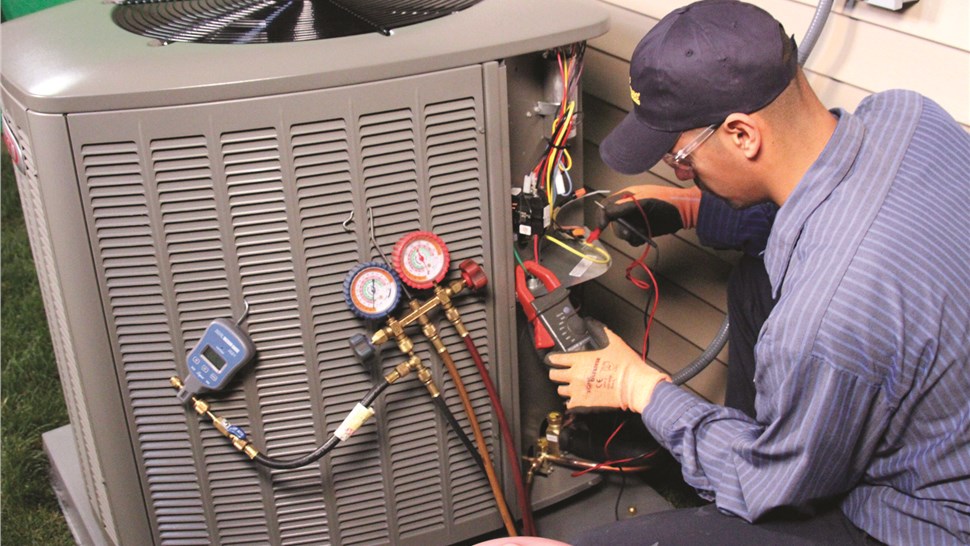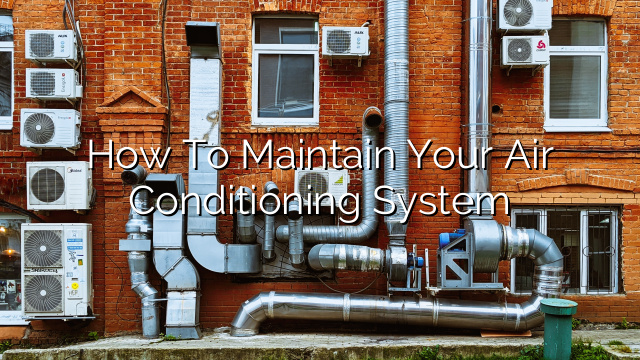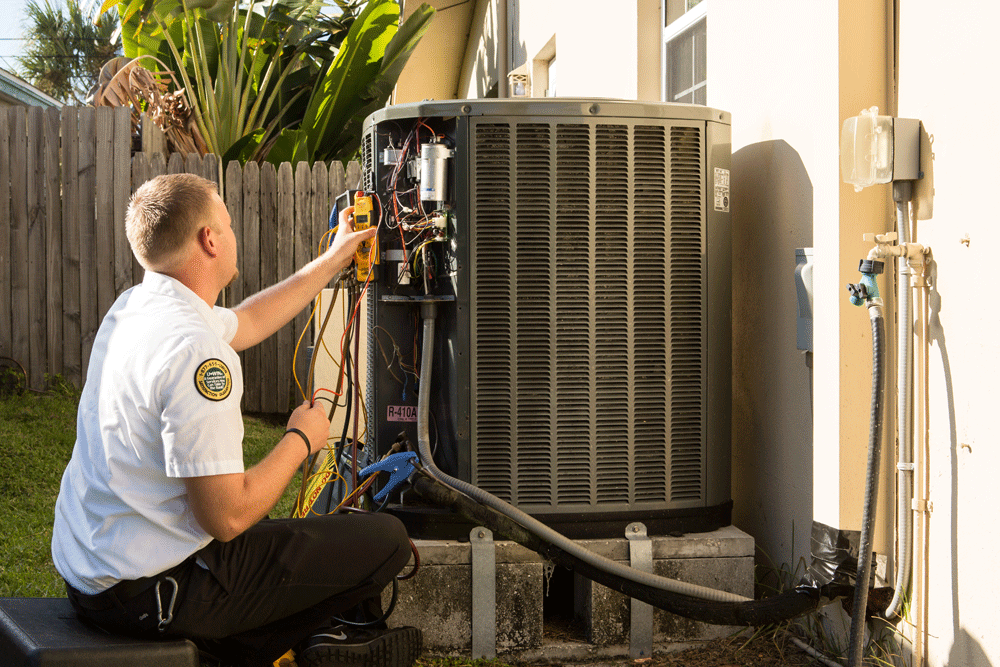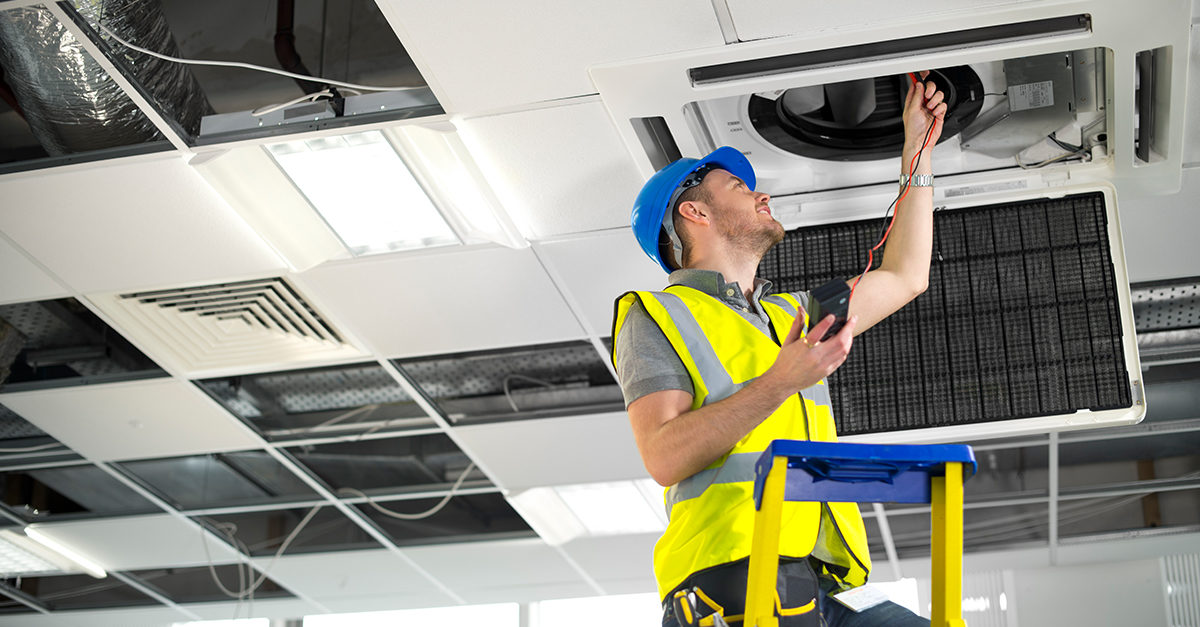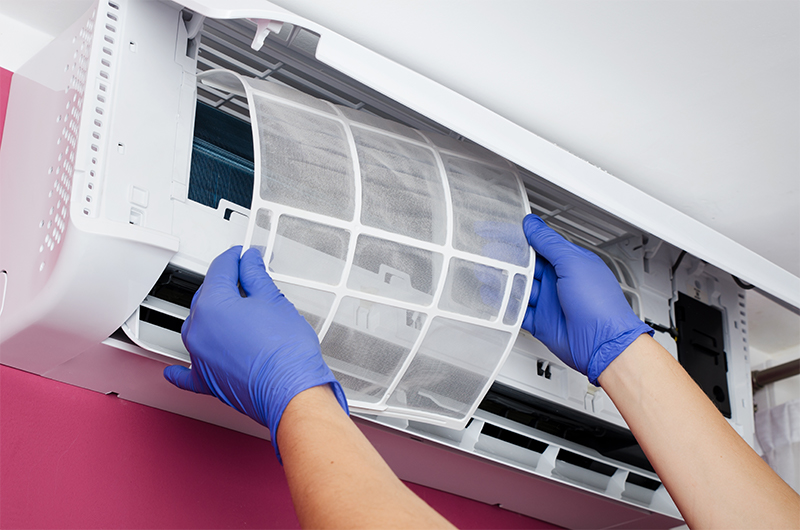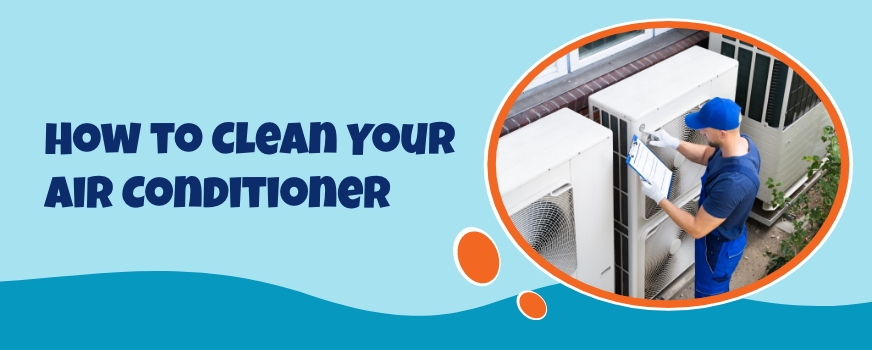How To Maintain Air Conditioning Systems
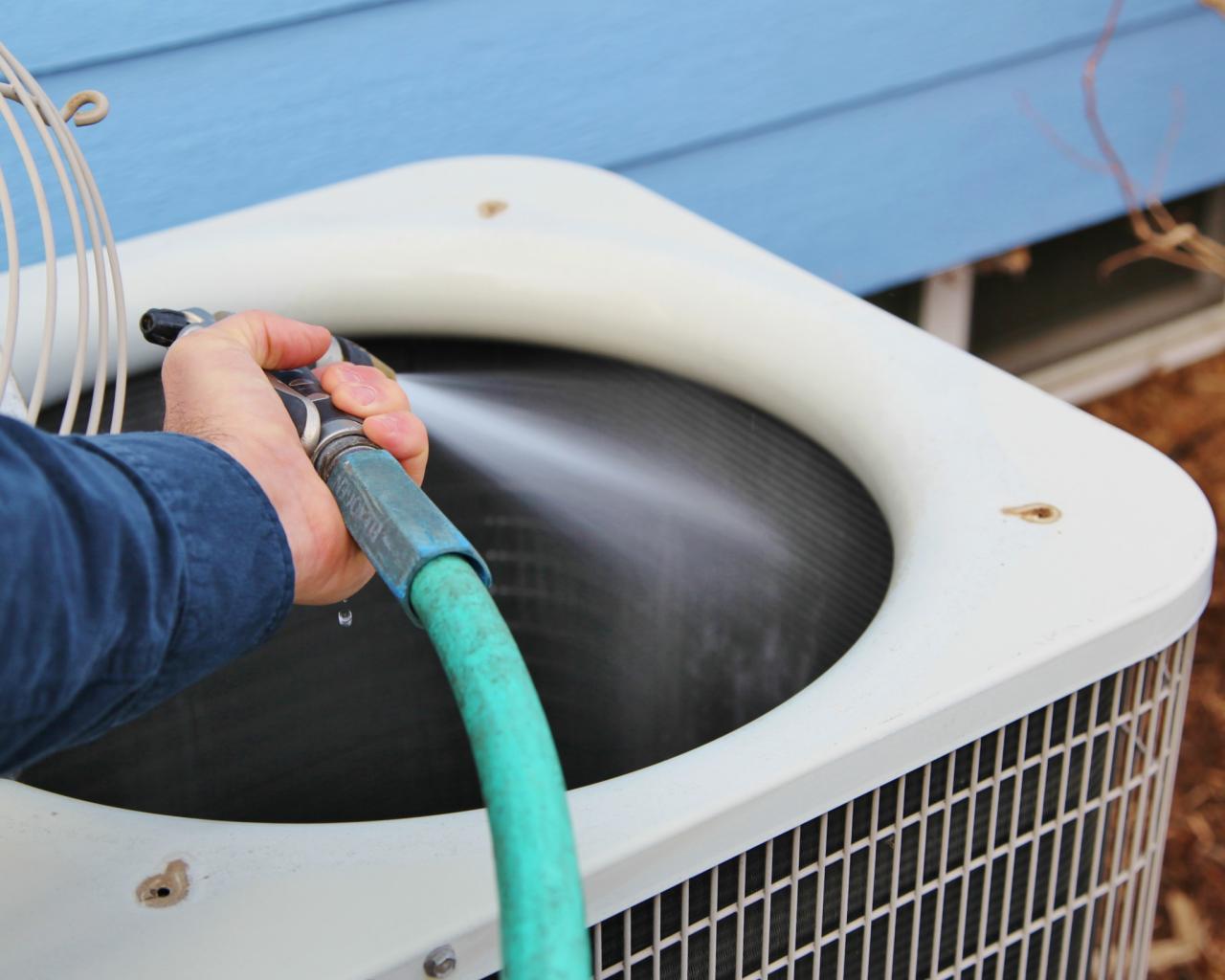
Frequently Asked Questions About Air Conditioning System Maintenance
Q: Why is regular AC maintenance so important?
Regular maintenance is crucial for keeping your air conditioning system running efficiently and effectively. Think of it like a car: without regular oil changes and tune-ups, it will eventually break down. AC maintenance can:
- Extend the lifespan of your system.
- Improve energy efficiency, saving you money on your electricity bills.
- Ensure optimal cooling performance, keeping you comfortable.
- Prevent costly breakdowns by catching small problems before they become big ones.
- Improve indoor air quality by keeping the system clean.
Skipping maintenance can lead to decreased performance, higher energy bills, and ultimately, a premature system failure. Investing in regular upkeep is a smart way to protect your investment and ensure long-term comfort.
Q: How often should I have my AC system professionally serviced?
Generally, you should have your AC system professionally serviced at least once a year, preferably in the spring before the cooling season begins. If you use your AC extensively or live in a particularly hot and humid climate, you might consider scheduling maintenance twice a year, once in the spring and again in the fall. This ensures your system is ready for both the hot and cold seasons.
A professional tune-up typically includes a thorough inspection, cleaning of key components, and performance testing to identify any potential issues. This is a worthwhile investment that can save you significant money in the long run.
Q: What are some basic AC maintenance tasks I can do myself?
While professional servicing is essential, there are several simple maintenance tasks you can perform yourself to keep your AC system in good condition:
- Change or clean the air filter regularly: This is the most important DIY task. A dirty air filter restricts airflow, making your system work harder and reducing its efficiency. Check your filter every month and replace or clean it every 1-3 months, depending on usage and filter type.
- Keep the outdoor unit clear of debris: Trim bushes, plants, and weeds that are growing near the outdoor unit. Remove any leaves, grass clippings, or other debris that may be blocking airflow. Ensure at least two feet of clearance around the unit.
- Clean the outdoor unit's fins: Over time, the fins on the outdoor unit can become dirty and clogged, reducing its ability to dissipate heat. Use a soft brush or a fin comb to gently clean the fins. You can also use a garden hose with a gentle spray setting. Be careful not to bend the fins.
- Ensure proper airflow from vents: Make sure that furniture, curtains, or other obstructions are not blocking the airflow from your vents.
- Check for leaks: Inspect the area around the indoor and outdoor units for any signs of leaks. Address any leaks promptly to prevent further damage.
These simple tasks can significantly improve your AC system's performance and efficiency.
Q: How do I know if my AC system needs professional attention?
There are several signs that indicate your AC system may need professional attention. If you notice any of the following, it's best to call a qualified HVAC technician:
- Reduced cooling performance: If your AC system is not cooling your home as effectively as it used to, it could be a sign of a refrigerant leak, compressor issue, or other problem.
- Unusual noises: Loud banging, hissing, or grinding noises coming from your AC system are often indicative of a mechanical problem.
- Strange odors: Foul or musty odors coming from your vents could be a sign of mold or mildew growth in the system.
- Increased energy bills: A sudden spike in your energy bills could indicate that your AC system is working harder than it should, possibly due to a maintenance issue.
- Water leaks: Water leaks around the indoor or outdoor unit should be addressed immediately to prevent water damage and potential mold growth.
- The system is cycling on and off frequently: This is called short-cycling and it puts extra strain on the system, shortening its lifespan.
- Ice buildup on the refrigerant lines: This indicates a problem with airflow or refrigerant charge.
Ignoring these warning signs can lead to more serious and costly repairs down the road. It's always better to err on the side of caution and have your system inspected by a professional.
Q: What is involved in a professional AC tune-up?
A professional AC tune-up typically includes a comprehensive inspection and maintenance of your system's key components. Here's a general overview of what you can expect:
- Inspection of the indoor and outdoor units: The technician will visually inspect the entire system for any signs of damage, leaks, or corrosion.
- Cleaning of the coils: The evaporator coil (indoor unit) and condenser coil (outdoor unit) will be cleaned to remove dirt and debris.
- Filter replacement: The air filter will be replaced with a new one.
- Refrigerant level check: The technician will check the refrigerant level and add refrigerant if necessary. Note: Leaks should be addressed, not just refilled.
- Electrical component inspection: The technician will inspect the electrical components, such as the wiring, capacitors, and contactors, to ensure they are in good working order.
- Motor and fan blade inspection: The motors and fan blades will be inspected for proper operation and lubrication.
- Drain line cleaning: The drain line will be cleaned to prevent clogs and water damage.
- Thermostat calibration: The thermostat will be calibrated to ensure accurate temperature control.
- Performance testing: The system will be tested to ensure it is operating efficiently and effectively. The technician will measure airflow and temperature differentials to assess performance.
- Leak testing: Refrigerant lines are checked for leaks using electronic leak detectors or bubble solutions.
A thorough tune-up can help identify and address potential problems before they become major issues, ensuring your system operates at peak performance.
Q: Can I improve my AC's efficiency with smart home technology?
Absolutely! Smart home technology offers several ways to improve your AC system's efficiency and overall comfort:
- Smart Thermostats: These thermostats learn your heating and cooling preferences and automatically adjust the temperature based on your schedule. They can also be controlled remotely via a smartphone app, allowing you to adjust the temperature even when you're away from home. Many smart thermostats also offer energy reports and insights to help you optimize your energy usage.
- Smart Vents: These vents allow you to control the airflow to different rooms in your home, directing cooling to the areas where it's needed most. This can help eliminate hot and cold spots and improve overall comfort.
- Energy Monitoring Systems: These systems provide real-time data on your energy consumption, allowing you to identify areas where you can save energy. They can also alert you to potential problems with your AC system, such as excessive energy usage.
- Smart Home Integration: Integrating your AC system with other smart home devices, such as smart window shades and smart lighting, can further improve energy efficiency. For example, you can program your smart shades to automatically close during the hottest part of the day to reduce solar heat gain.
Investing in smart home technology can be a great way to optimize your AC system's performance, reduce your energy bills, and enhance your overall comfort.
Q: Are there any specific maintenance tips for older AC systems?
Older AC systems often require a bit more attention and care to keep them running efficiently. Here are some specific maintenance tips for older systems:
- Pay close attention to filter changes: Older systems are often more sensitive to airflow restrictions, so it's especially important to change the air filter regularly.
- Inspect the ductwork for leaks: Older ductwork is more likely to develop leaks, which can significantly reduce efficiency. Seal any leaks with duct tape or mastic sealant. Consider having your ductwork professionally inspected and sealed if necessary.
- Consider a professional coil cleaning: Older coils may require a more thorough cleaning than you can do yourself. A professional cleaning can help restore the coil's efficiency.
- Monitor refrigerant levels closely: Older systems may be more prone to refrigerant leaks. Have your refrigerant levels checked regularly and address any leaks promptly. Remember, addressing leaks rather than simply refilling is key.
- Be aware of obsolete parts: Parts for older systems can become difficult to find. Be prepared to replace your system if it requires a major repair and parts are no longer available.
- Consider upgrading to a more efficient system: If your older AC system is nearing the end of its lifespan, consider upgrading to a newer, more energy-efficient model. This can save you money on your energy bills and improve your overall comfort. Modern systems use more environmentally friendly refrigerants as well.
By following these tips, you can help extend the lifespan of your older AC system and keep it running as efficiently as possible. However, be realistic about the long-term costs and benefits of maintaining an aging system versus investing in a modern, more efficient replacement.

